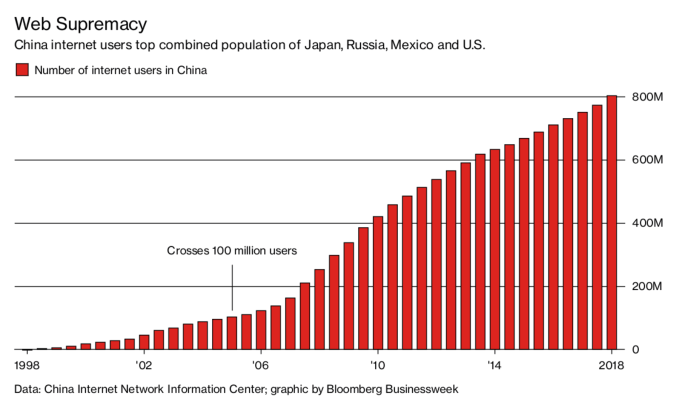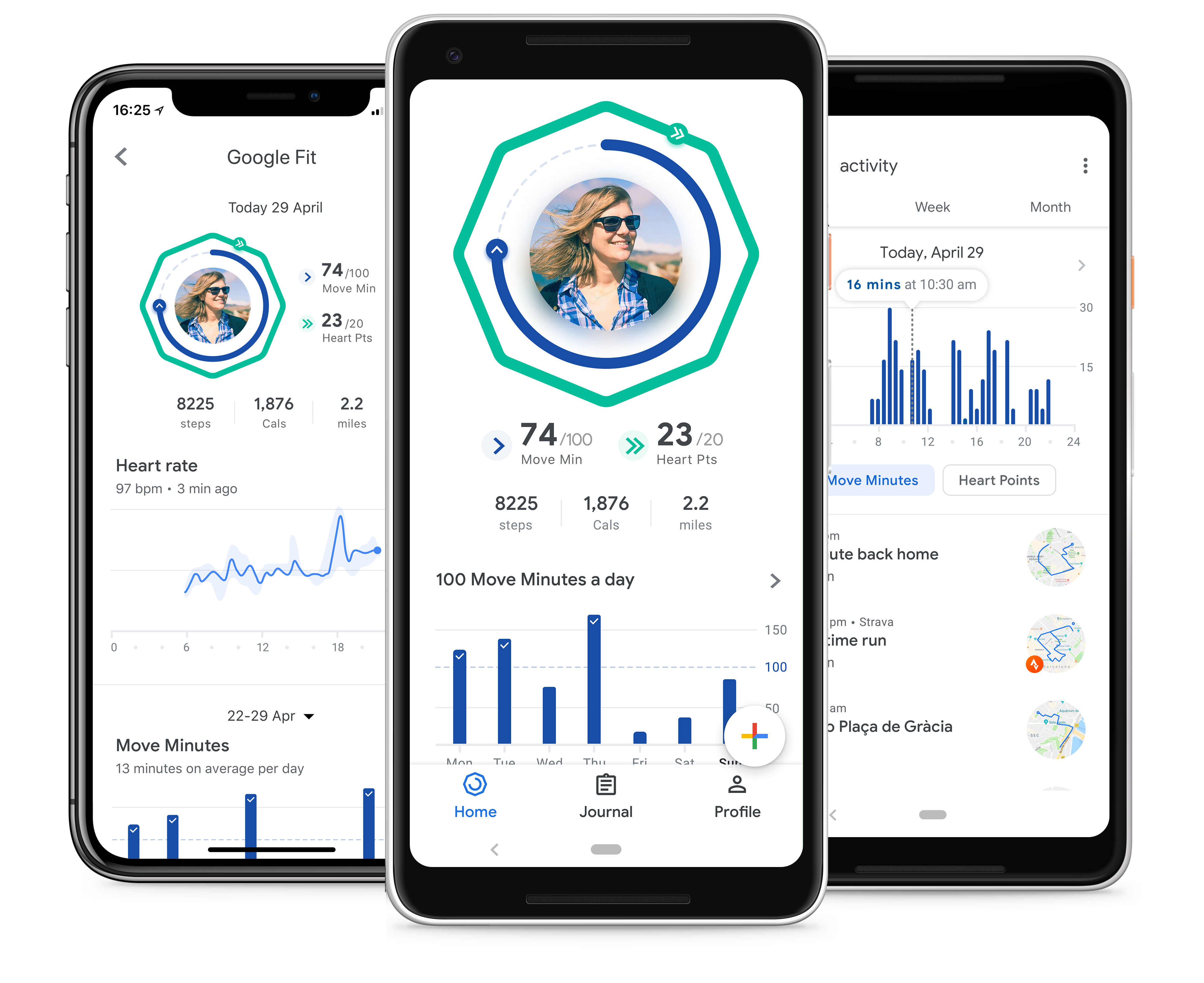We have long known that the price of cloud storage services like Dropbox, Google Drive and Microsoft OneDrive have been getting cheaper over time. Yesterday’s launch of Google One in the U.S. dropped the price for Google storage even further, cutting the cost per terabyte per month in half, driving this point home even more clearly.
As Frederic Lardinois pointed out in his post, 2 terabytes of storage now costs $9.99 a month. Consider that without joining Google One, that was the same price for 1 terabyte of storage. By signing up for Google One, you could double your storage without paying one penny more, and let’s face it this was a ton of storage before the change.
Let’s compare that with some of the other players out there. Each one is a little different, but the storage costs tell a story.

Google One’s shift to 2 TB for $9.99 a month puts it in line with Apple’s pricing, which surprisingly had given you the most storage bang for your buck out of these four companies before Google One came along. Who would have thought that Apple was giving its users the best price on anything? Of course, you get access to Office 365, including Word and PowerPoint, with your terabyte of Microsoft OneDrive storage, which is going to add a fair bit of value for many users over and above the pure storage being offered.
Regardless, if you consider Apple and Google’s pricing, the price of a terabyte of cloud storage has dropped to $5.00 a month. That’s pretty darn cheap and it shows just how commoditized online storage has become and how much scale you require to make money.
Alan Pelz-Sharpe, principal analyst at Deep Analysis, who has been watching this space for years says that consumer cloud storage pricing has always been a race to the bottom. “You can only make a margin with mass scale. That’s why firms who are not Microsoft, Amazon or Google are pushing hard for business and enterprise customers. Google One just brings that message home,” he said.
If you get enough scale, as Dropbox has with an estimated 500 million users, if you can get a percentage to pay $8.25 a month for a terabyte of storage, it can add up to real money. When Dropbox filed its S-1 to before it went public earlier this year, it reported more than $1 billion in consumer revenue. It would be difficult if not impossible for a startup launching today to compete with the existing players, but the ones out there continue to compete with one another, driving the cost down even further.
Today’s announcement is just another step in that downward price pressure of consumer cloud storage, and when you get double the storage from one day to the next for the exact same price, it shows just how true that it is.

from Apple – TechCrunch https://ift.tt/2MgIXuu



